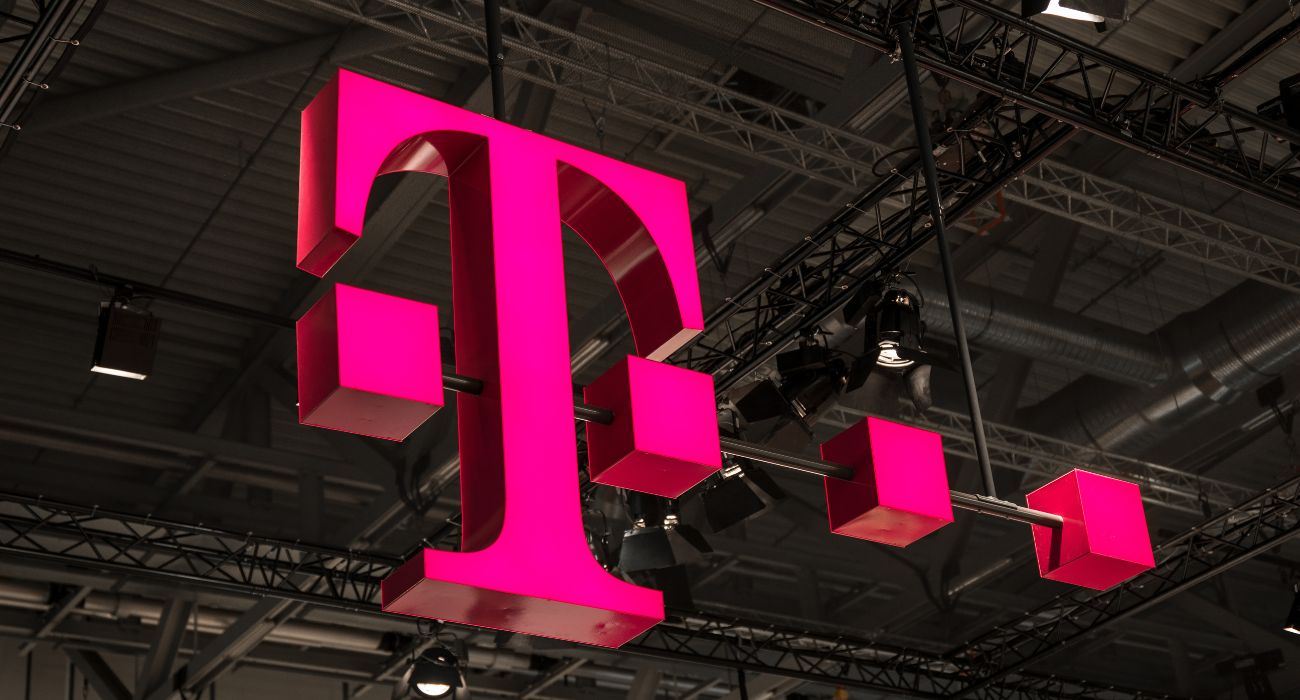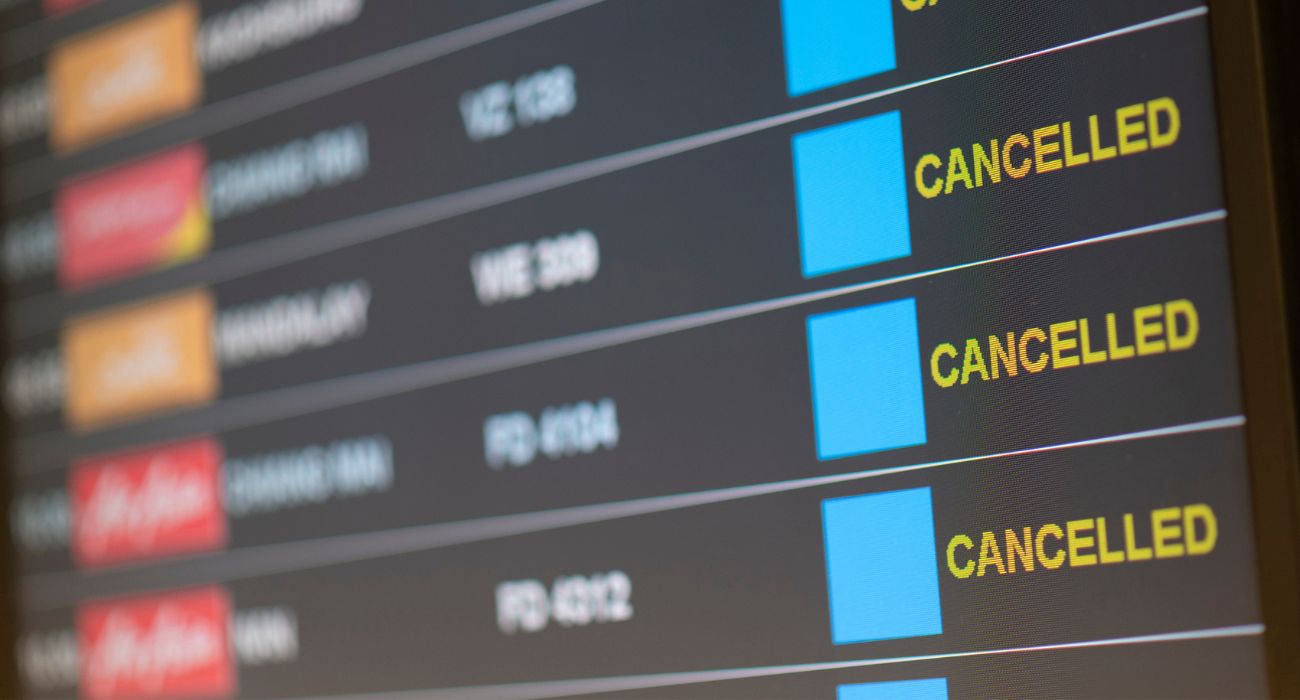The major U.S. mobile carriers all experienced disruptions on Monday.
AT&T, Verizon, T-Mobile, and Boost Mobile saw outages and technical difficulties, according to DownDetector, a website that tracks service disruptions.
U.S. Cellular and Mint Mobile also saw significant service disruptions.
It was not clear if all the outages were connected, reported CNN.
On DownDetector, over 80,000 reports of problems regarding T-Mobile’s service were received. Apple iPhone 14 users said their signal “showed no cellular connection whatsoever — instead defaulting to the emergency SOS satellite indicator,” according to The Verge.
The outlet said some users found success restoring service by switching “airplane mode” on and off.
On Monday, T-Mobile’s president of technology, Neville Ray, tweeted that the carrier was “addressing a 3rd party fiber interruption issue that has intermittently impacted some voice, messaging and data services in several areas.”
In a separate tweet, Ray said T-Mobile had “seen significant improvement and are operating at near normal levels.”
T-Mobile users from Arizona, California, Colorado, Florida, Hawaii, Kansas, Nebraska, North Carolina, Oklahoma, Texas, and Washington all posted comments on DownDetector reporting a lack of service, according to CBS News.
Product-Reviews.net also reported outages in those states, as well as in Alabama, Connecticut, Idaho, Minnesota, New York, Nevada, and South Carolina, according to ABC 7.
Verizon and AT&T saw disruptions at a lower rate, with Verizon receiving 2,000 incident reports and AT&T receiving 1,200, CBS News noted.
“Modern telecommunications networks are incredibly complex and require constant attention to keep them operating at the high levels of service to which we have become accustomed,” Prof. David Michelson of the University of British Columbia told The Dallas Express.
“While redundant systems usually prevent individual failures from impacting service, redundancy can’t always be guaranteed, especially when carriers rely on third-party service providers for wide area network connectivity,” Michelson continued.
“When multiple carriers use the same third parties or different third parties that use the same routes, spikes in concurrent service impacts across multiple carriers, while rare, are inevitable.”






